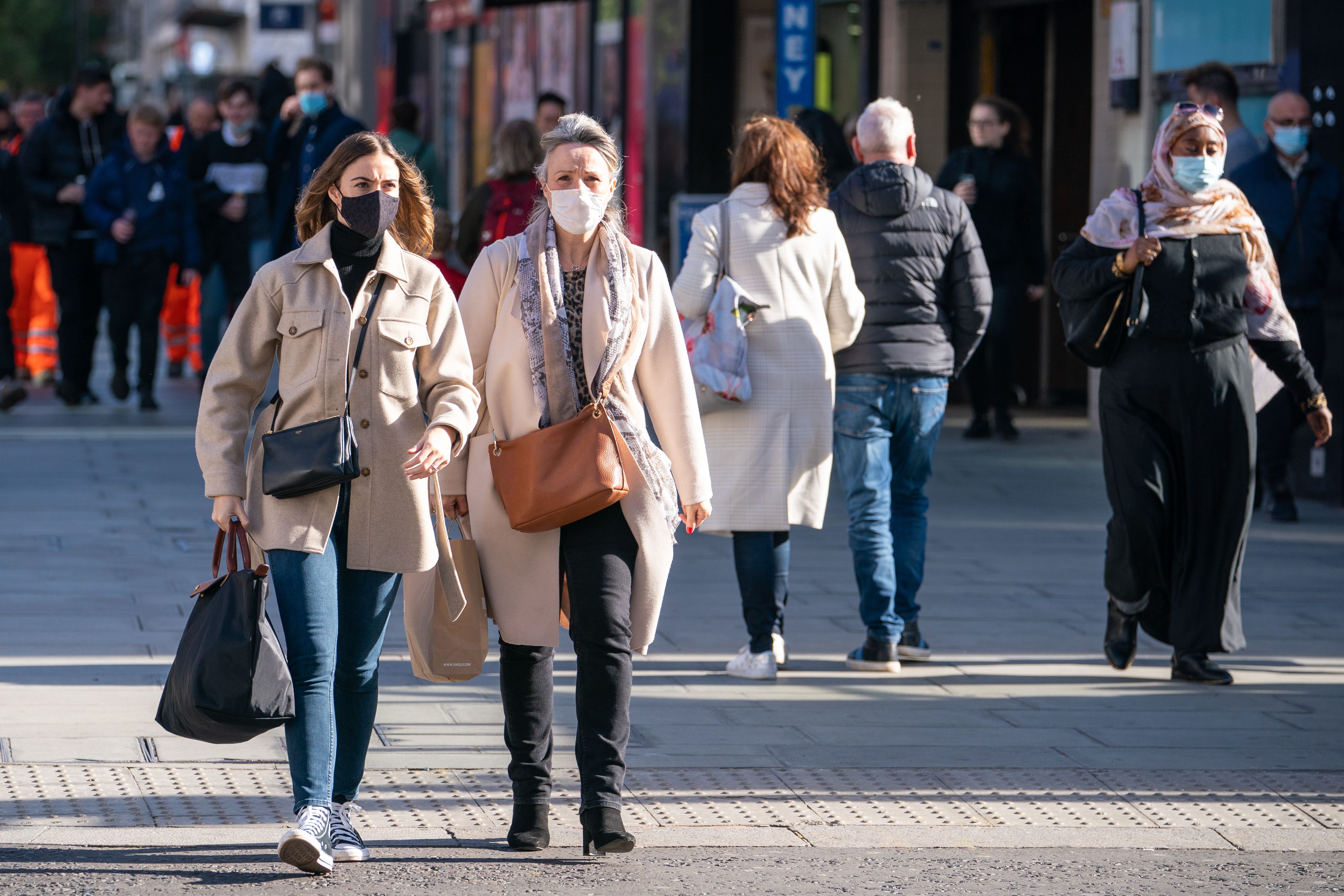World-first warning system launched in UK in bid to stop future pandemics
The surveillance programme is run by the UK Health Security Agency

A world-first genetic warning system to stop future pandemics has been launched in the UK.
The surveillance programme, run by the UK Health Security Agency (UKHSA), will see experts rapidly checking NHS samples for pathogens that could lead to serious outbreaks.
It is thought it could also stop emerging diseases.
Experts believe if such a system had been around pre-Covid-19, the virus would have been spotted much more quickly and there would have been early signs it was taking root in the UK.
Traditionally, genomic methods rely on scientists or medics knowing what virus or bacteria they are looking for when they test a swab sample.
But a more detailed method – known as metagenomics – means they do not need to know what the pathogen is, and they can test samples to find new ones.
All this information is also now being fed to the UKHSA at a national level, bringing together samples from NHS hospitals across England to spot trends and emerging clusters of disease.
By significantly improving the identification of new outbreaks as well as enabling the source of an outbreak to be better understood, the UKHSA said predictions could also be made about the effectiveness of potential treatments, and any concerning mutations could be identified.
Professor Susan Hopkins, UKHSA chief medical adviser, said: “Genomics has been a crucial aspect of the response to the Covid-19 pandemic from the very start, and the UK’s enormous technical expertise in this area has allowed us to play a leading role in the identification and analysis of Covid-19 variants as they emerge.”

She said the new mSCAPE programme will allow “us to use the UK’s leading genomics capability to conduct community surveillance… for the first time anywhere in the world” and use the data to improve health globally.
She added: “This is a hugely exciting development which will increase our ability to respond at speed to new and emerging pathogens and will help to ensure that we are as prepared as possible to act quickly and effectively to protect the public from future threats.”
Professor Dame Sue Hill, chief scientific officer for NHS England and senior responsible officer for NHS Genomics, said: “Genomics is revolutionising the way we predict, prevent, diagnose and treat illness – whether it’s diagnosing rare conditions in children more quickly, helping personalise cancer treatments to make them more effective, or identifying people at greater risk from kidney disease.
“The mSCAPE programme is another great example of how the UK is leading the world in this field.”
Bookmark popover
Removed from bookmarks